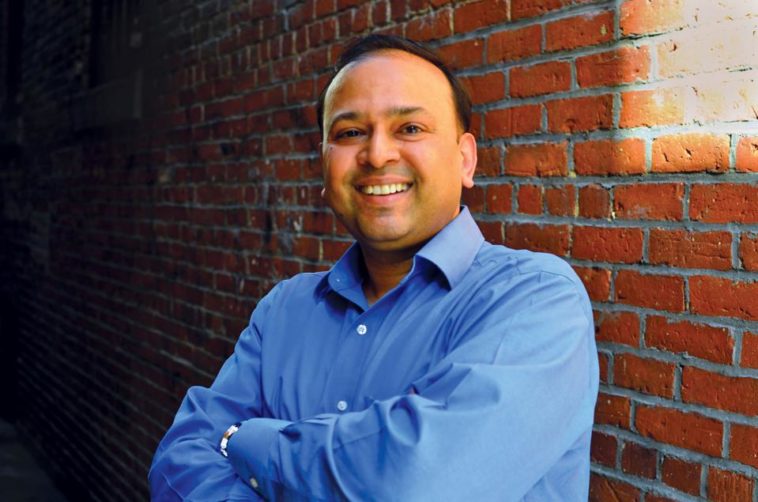Comparison Shopping For Power From Community Solar Farms – Forbes
One problem with rooftop solar power systems is that many people can’t install them. (Think renters, condo owners, low-income residents or people with bad credit).
That’s where community solar farms come in. These programs let subscribers—say, renters or people living in shared buildings—tap solar power without installing solar panels on their roof or property. Customers typically use Virtual Net Metering, with which they can get net metering credits, which are generally worth as much or almost as much as what they would pay for electricity from their utility.
But with a growing number of energy companies, utilities and others offering community solar options, assessing the universe of possible providers is pretty complicated. That’s why EnergySage recently launched an online comparison-shopping marketplace. Called the EnergySage Community Solar Marketplace, it lets consumers find local community solar farms and learn about the comparative plusses and minuses of each one.
Zip Code and Electric Bill
Basically, customers enter their zip code and average electric bill amount and then review eligible available projects. Presented in a standardized format, the information includes the project’s location, estimated annual savings, how quickly the project is filling up, customer reviews and other material. There’s also a call center with advisors who can answer questions and help consumers make a decision.
As for developers, they, of course, have a way to find customers. Utilities can burnish their reputation as a trusted energy advisor, even white-labeling the marketplace if they choose to do so. And, the system lets consumers sign in using their utility account login. (Providers pay to be included in the marketplace).
The marketplace is now up and running in nine states, which comprise most of the big markets for community solar. That includes Colorado, Illinois, Massachusetts, Maryland, Maine, Minnesota, New Jersey, New York and Rhode Island. Community solar farms are the fastest-growing segment of the solar market, according to the company.
From Education to Shopping
EnergySage opened for business in 2013 with an online marketplace for consumers shopping for residential solar power installers. Customers request competing quotes online from pre-screened companies. Founder Vikram Aggarwal, got the idea in 2006 when he was working as a private equity investor focusing on home construction. That’s when he learned about the solar industry and such innovations as then-Governor Arnold Schwarznegger’s introduction of the California Solar Initiative, which had the goal of creating 3,000 MW of distributed solar generation in the state while building a self-sustaining solar industry.

Vikram Aggarwal
EnergySage
At first, Aggarwal figured he’d start a portal allowing consumers to learn about not just solar power, but also other renewable sources, such as small wind and geothermal. Eventually, he realized the biggest problem consumers faced was not learning about the technologies, but shopping for them. “My customers would come back and say, I got these four or five quotes, but I have no idea which one to accept. How do I compare my options?” he says.
In 2012, the proverbial lightbulb went off and he decided to create a reverse auction marketplace linking up consumers and solar power developers. He got early funding when he won a competition run by the U.S. Department of Energy. Originally, the site just covered Massachusetts, but the system expanded nationally not long after.
Published at Thu, 18 Feb 2021 13:31:01 +0000




Comments
Loading…